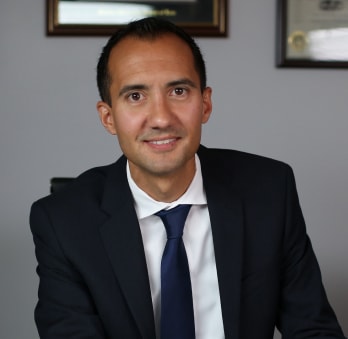
The recent opinion by the Court Appeals has left some uncertainty in Minnesota regarding an adequate legal remedy for what’s become known as “revenge porn” crimes.
Frequent readers of our blog know that we recently prevailed at the Court of Appeals and convinced the Court that Minnesota’s criminal defamation law was unconstitutional because it violated the free speech protections of the First Amendment.
City and county prosecutors had been using the criminal defamation law to charge these revenge porn cases; however, that’s no longer an option since the statute was struck down.
“REVENGE PORN” IS SEXUALLY EXPLICIT MEDIA THAT IS DISTRIBUTED WITHOUT THE CONSENT OF THE INDIVIDUAL(S) INVOLVED.
The terms have been coined to label the act of posting a nude photograph or sex video – usually of an ex-girlfriend – online. There’s been an increase in this sort of activity over the past few years.
From what we’ve seen, the posting is typically done by an ex-boyfriend. While the photos or videos may have been consensually taken at some point during a relationship – or even taken by the girl herself – there usually isn’t consent to distribute the media online.
That’s the problem, and there isn’t an easy answer on how to prevent or punish the unauthorized disclosure or distribution of the photos or videos.
After the Court of Appeals struck down Minnesota’s criminal defamation law, State Representative John Lesch formed a panel to address the Court’s decision and to consider proposals on future revenge porn laws.
Mr. Lesch is also a St. Paul city prosecutor. Mr. Lesch asked if I would be a member of the panel, and I have agreed to join. The full panel members have not been announced, but it will include input from the Cyber Civil Rights Initiative.
The first-panel meeting is currently scheduled for June 25. An agenda will be laid out at that time. The goal of the working group is to come up with a solution to end revenge porn.
This will most likely include a proposal to create a new revenge porn criminal law or to amend an existing Minnesota law, such as an invasion of privacy, to cover revenge porn behavior. According to attorney Carrie Goldberg, 18 states currently have some sort of revenge porn law. Ms. Goldberg has agreed to join Mr. Lesch’s working group.
CRAFTING A NEW LAW THAT CRIMINALIZES REVENGE PORN BEHAVIOR IS TRICKY.
Any proposed law – or amendment to an existing law – must be narrowly tailored to only reach a specific act; otherwise, the law runs the risk of violating First Amendment free speech protections, as was the case with Minnesota’s criminal defamation law.
“Unauthorized distribution” is also tricky to limit or define, and could have the potential to reach unknowing parties. Such a law could be violating the constitutional protection against vagueness.
Most everyone would agree that revenge porn is a serious issue that has serious effects on its victims. The challenge lies in trying to prohibit or punish the behavior while not overstepping First Amendment free speech protections. We’ll try to keep you updated on the proposals of the revenge porn working group.
CONTACT US
Contact our Minnesota criminal defense lawyers if you or someone you know has questions about revenge porn. We’ll be happy to offer a free consultation.



